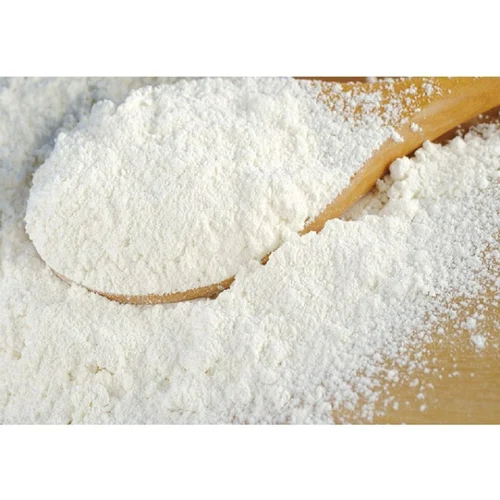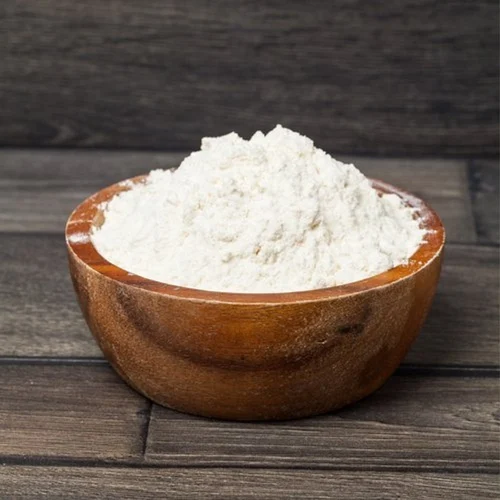Durum Wheat Flour
₹34.0
| Color | White |
| Packaging Type | Loose |
| Speciality | High in Protein |
| Type | Durum Flour |
| Usage/Application | Cooking |
| Shell Life | 3 Months |
| Hybrid | Yes |
You must be logged in to post a review.
Q & A
Organic products are generally considered more sustainable than conventional products due to the following reasons:
Reduced chemical use: Organic farming practices prohibit the use of synthetic pesticides, herbicides, and fertilizers. Instead, organic farmers rely on natural methods such as crop rotation, composting, and biological pest control. This reduces chemical pollution in the environment and promotes soil health.
Soil conservation: Organic farming emphasizes the use of sustainable soil management practices, such as cover cropping and the application of organic matter. These methods help improve soil structure, fertility, and water retention, promoting long-term soil health and reducing erosion.
Biodiversity preservation: Organic farming encourages biodiversity by avoiding the use of genetically modified organisms (GMOs) and synthetic inputs that may harm beneficial insects, birds, and other wildlife. Organic farms often maintain hedgerows, buffer zones, and diverse crop rotations to support beneficial insects, pollinators, and natural pest control.
Water conservation: Organic farming tends to use less water compared to conventional farming methods. By focusing on soil health and organic matter, organic practices improve water retention in the soil, reducing the need for irrigation.
Reduced energy consumption: While organic farming may require more labor in some cases, it often uses less energy-intensive practices. Organic farms typically rely on natural fertilizers and avoid the production and application of synthetic inputs, which reduces the energy consumption associated with their manufacture and transport.
However, it's important to note that organic farming is not without its challenges. Organic yields are generally lower compared to conventional farming, which can lead to higher land requirements and potentially contribute to deforestation if demand for organic products increases significantly. Additionally, transportation and packaging considerations can impact the overall sustainability of organic products, especially if they are imported from distant locations.
To ensure the sustainability of organic products, it is important to consider other factors such as local and seasonal production, minimizing packaging waste, and supporting organic farming practices that prioritize environmental stewardship and social responsibility.
General Inquiries
There are no inquiries yet.


















Reviews
There are no reviews yet.